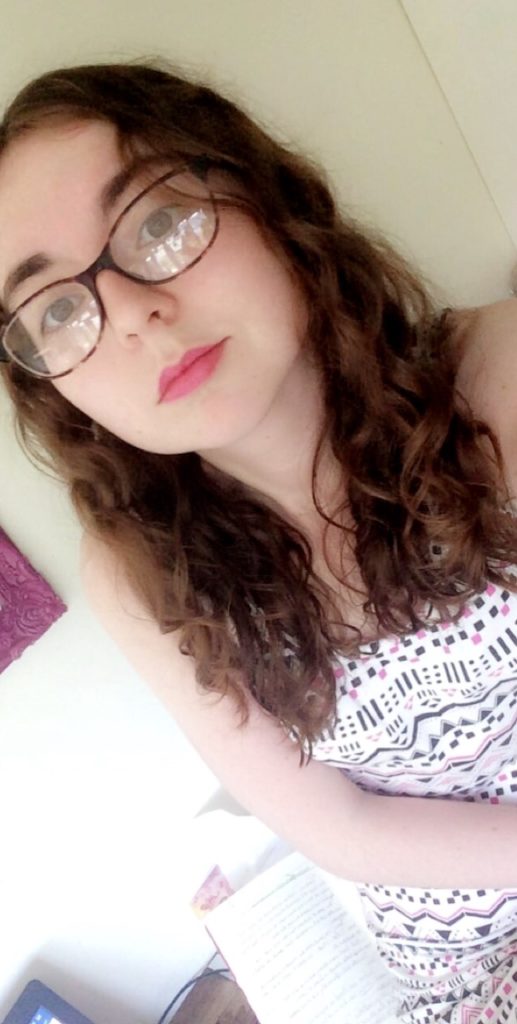
Though I do adore both writing and reading poetry, I admit to having not previously heard of nor read any work by Patrick Jones. That being said, being presented the opportunity to discover him, I took it quickly. Not knowing a poet wouldn’t stop me from learning of them – besides, the process is always enjoyable. Poetry in itself is enjoyable. I’m always excited to read more, and I’m glad I did.
After reading through the whole anthology, I definitely decided on some favourites! Namely: Plume Angel, The Smell of Sundays, Wrapped in the Arms of Ghosts, Lovesung, The Presence of Absence, Mothering, and When are all in my favourites, for a bunch of different reasons.
Plume Angel was the first one to show Patrick Jones’ use of white space, which is a technique in poetry I both utilise (often) and really love to see. It makes the poem much more interesting, when your eyes are darting all over a page rather than just going in one expected direction. I loved the feel of this poem – it was very gentle, from the get-go. The first stanza was my favourite one, but my favourite line was, “tiny talismans / crashed to / earth / from an icarused flight”, solely due to the image of falling people and falling feathers. There, despite the softness, was also a great sadness to it (which is understandable, based on how the book itself and all the poems were born from a son’s experience of a mother with leukaemia). In a similar vein, Wrapped in the Arms of Ghosts also has this feeling with peppered in lines that I find really satisfying. For example, “clinging to sepia stained memories / bleeding frames and flickering effigies / hearing voices from forgotten melodies / is yesterday to be our only legacy” I found to be a lovely line, with a lot of emotion threaded inside and around it – especially considering the sounds that comes from reading or speaking them, which further created an positive impression and reaction from me.
Throughout each of the poems I found that drew me in was a consistent and understandable melancholy. The feeling was crafted really well, and also waded in and out with other things, too. Regret, wanting to go back, feeling the pressure of time and how we should be cherishing the seconds we have (which I do love, as a theme, it has a tendency to humble me and very quickly). The poetry was impressive, with really nice flow and images, although seeing the white space was definitely my favourite thing to take note of.
Lastly, Lovesung was one of my favourite poems, because it opened up a discussion I’ve been having within myself a lot lately. It came for my questioning if poetry and writing is an escape, and if it is – if it works? It came head-first towards my own habit of reading and writing to escape the endless refresh of bad news on Twitter, and the constant background noise of the world running all too fast away from me. And I really liked it, because it almost felt like being seen, and being coyly nodded at in a “I do this too and it’s nice and we maybe probably won’t tell anyone” kind of way. I loved it.
I’m giving the book three stars because I found some of the poems harder to untangle than others. I know full well this is a subjective area, full of people with subjective thoughts, but though these poems were well written and used really lovely language, some of them (for example, The Presence of Absence) did give me trouble in trying to decipher what – in that moment – was happening. I could understand the general sadness and regret leaking out of the poems, but other lines were more puzzling than expected. Which, having said this, could be seen as either good or bad by anyone else – but for me it did disrupt my enjoyment of treasuring the past and dwelling on actions and the present. Because of the grief hanging off some of the poems, I did find it a bit difficult to fully engage, however, this doesn’t take away from my admiration of this collection being published at all, when each pieces is so deeply, deeply personal. That’s worth respecting.
I’m glad I got a chance to read this work. I do love poetry and reading it is always an experience to be had. I had fun, and enjoyed what I saw. I would read it again.





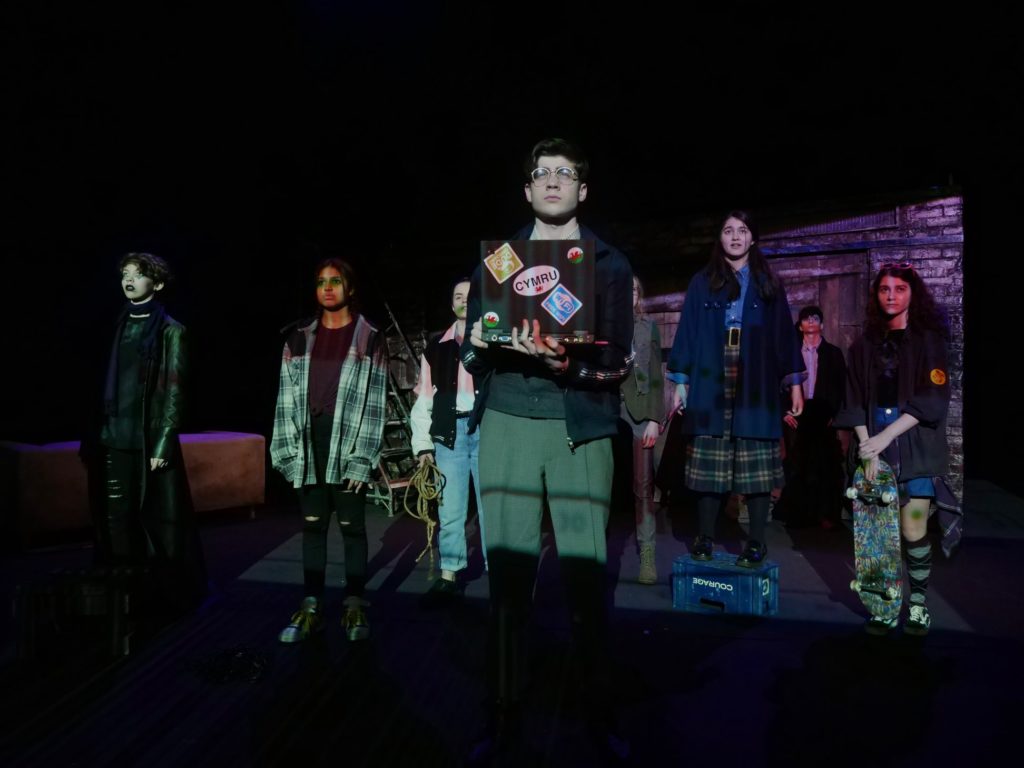
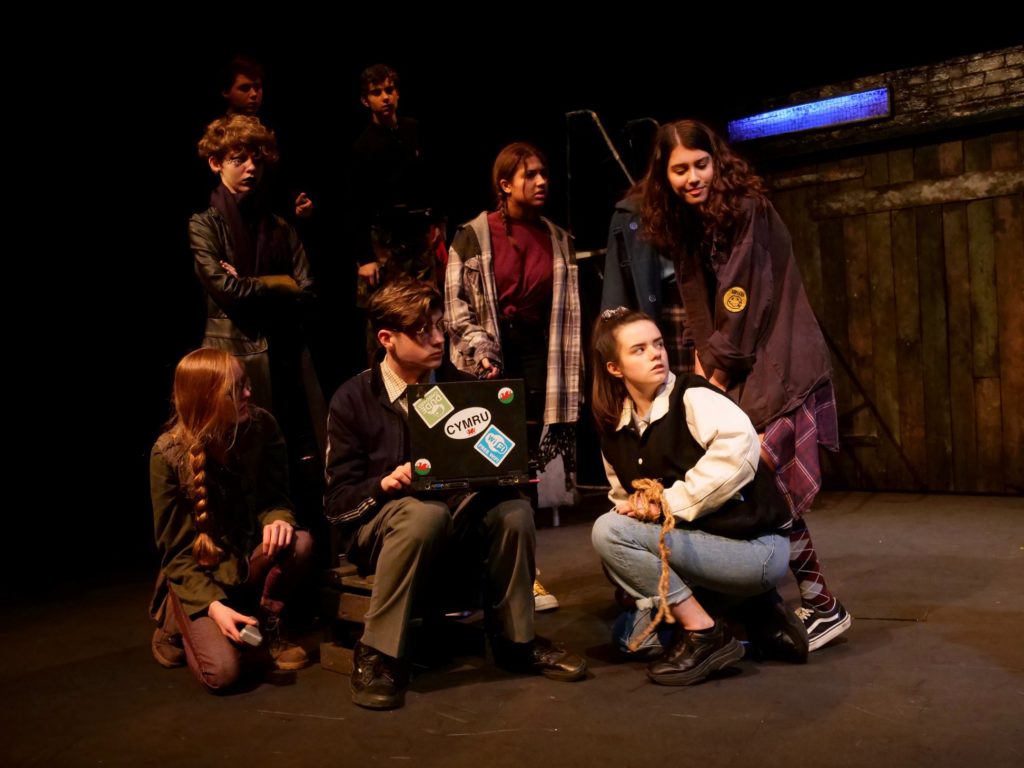
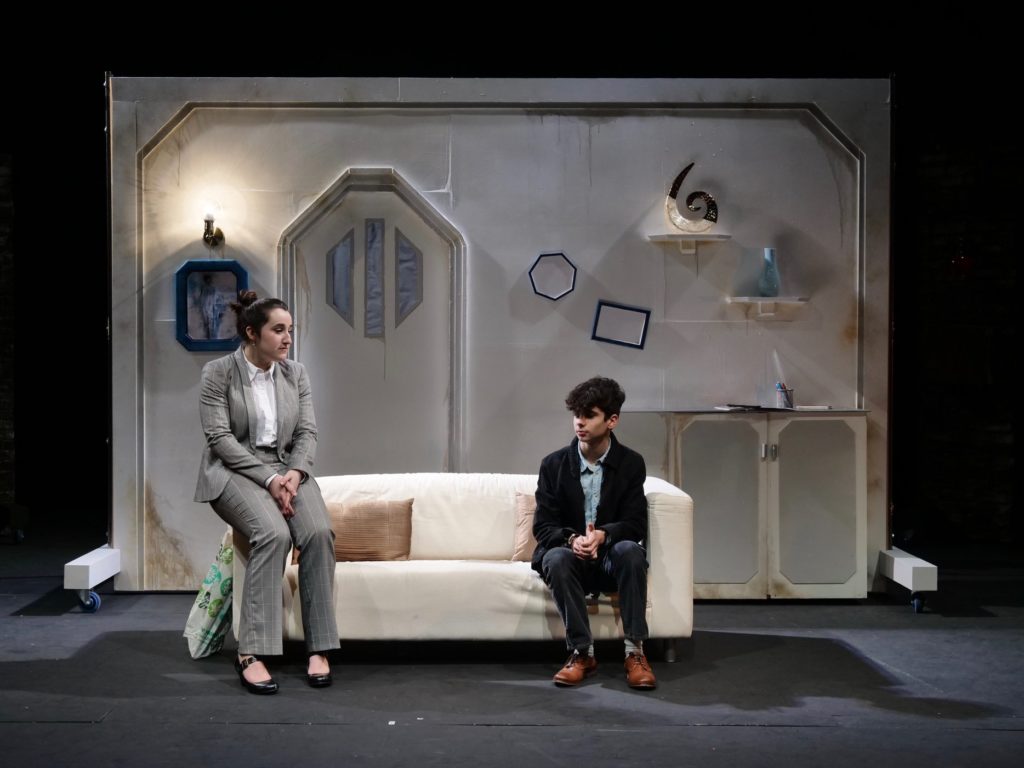
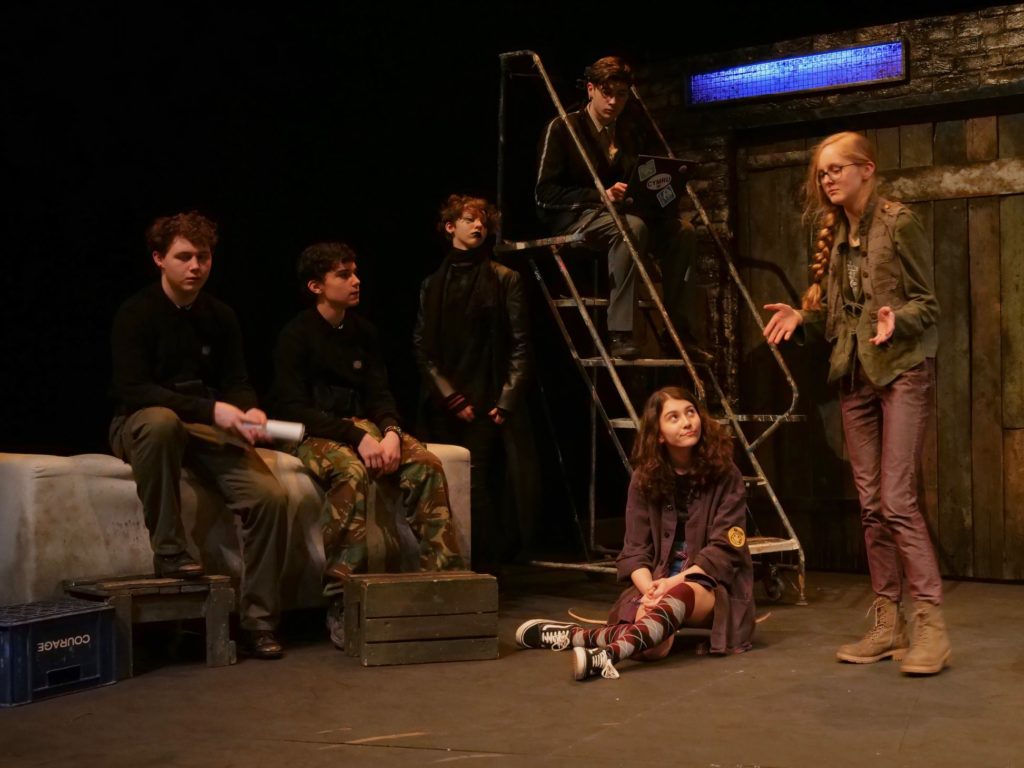
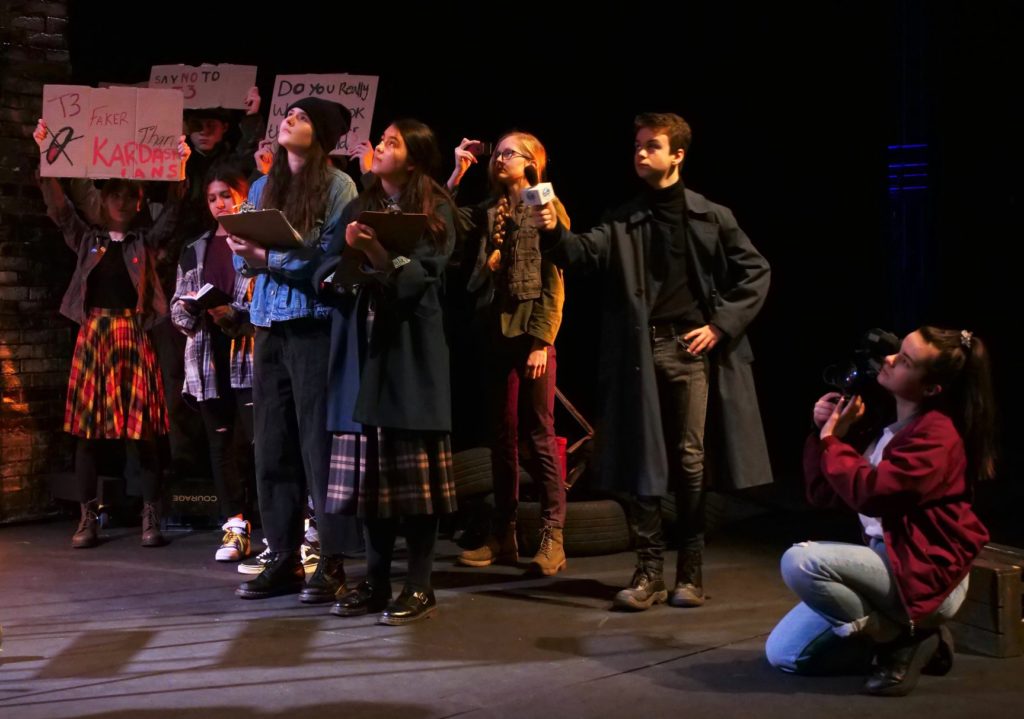
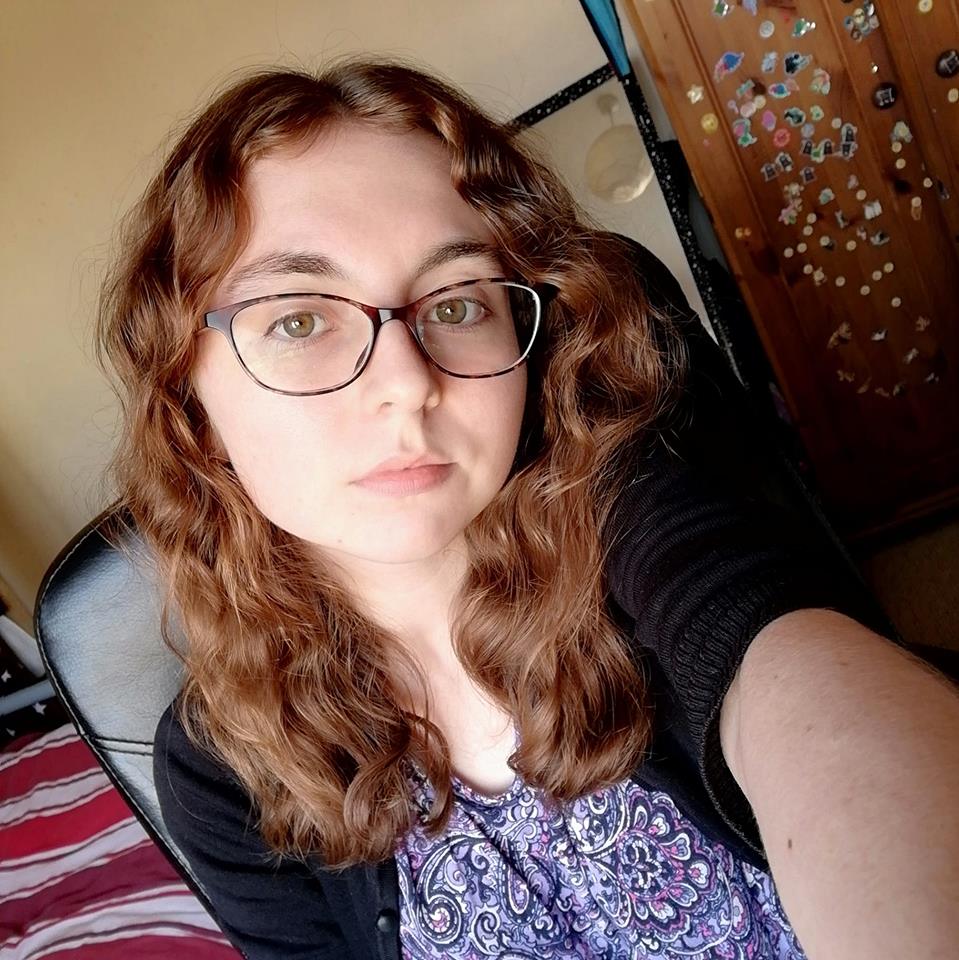
 (3 / 5)
(3 / 5)


 (4 / 5)
(4 / 5) (5 / 5)
(5 / 5)
